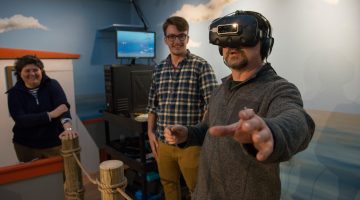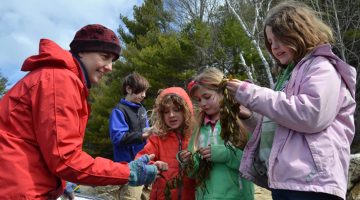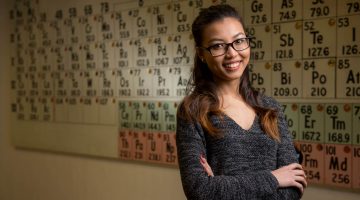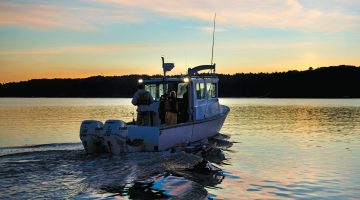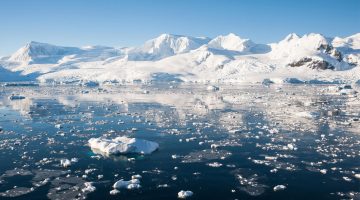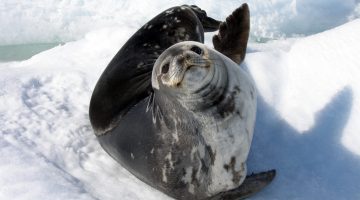Ph.D. candidate named new executive director of Herring Gut Learning Center
The Herring Gut Learning Center, a nonprofit marine education center in Port Clyde, has selected University of Maine Ph.D. candidate Samuel Belknap as its next executive director. Belknap is currently pursuing a doctorate in anthropology and environmental policy through Adaptation to Abrupt Climate Change, a National Science Foundation IGERT fellowship program. A native of Midcoast […]
Read more
